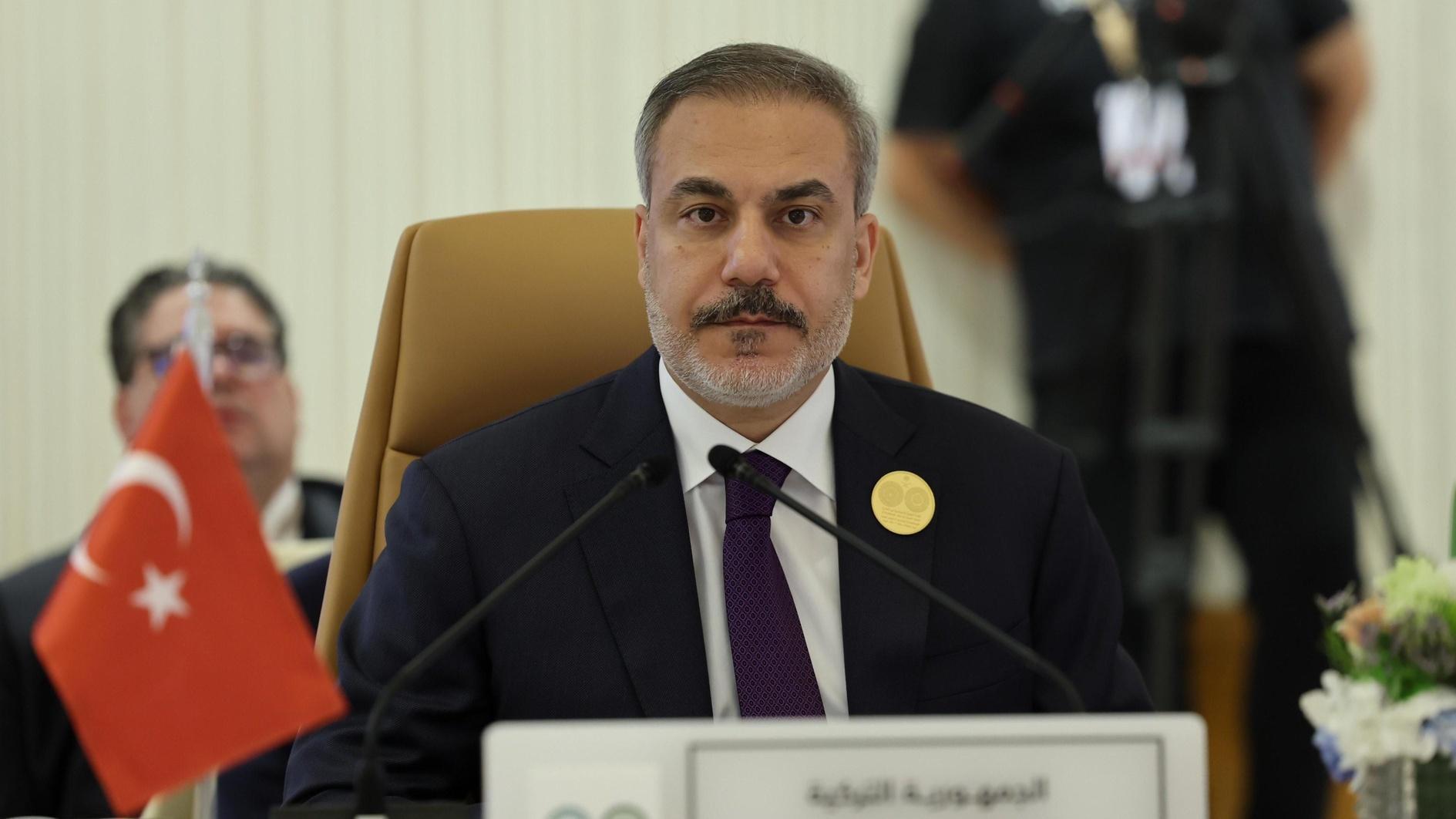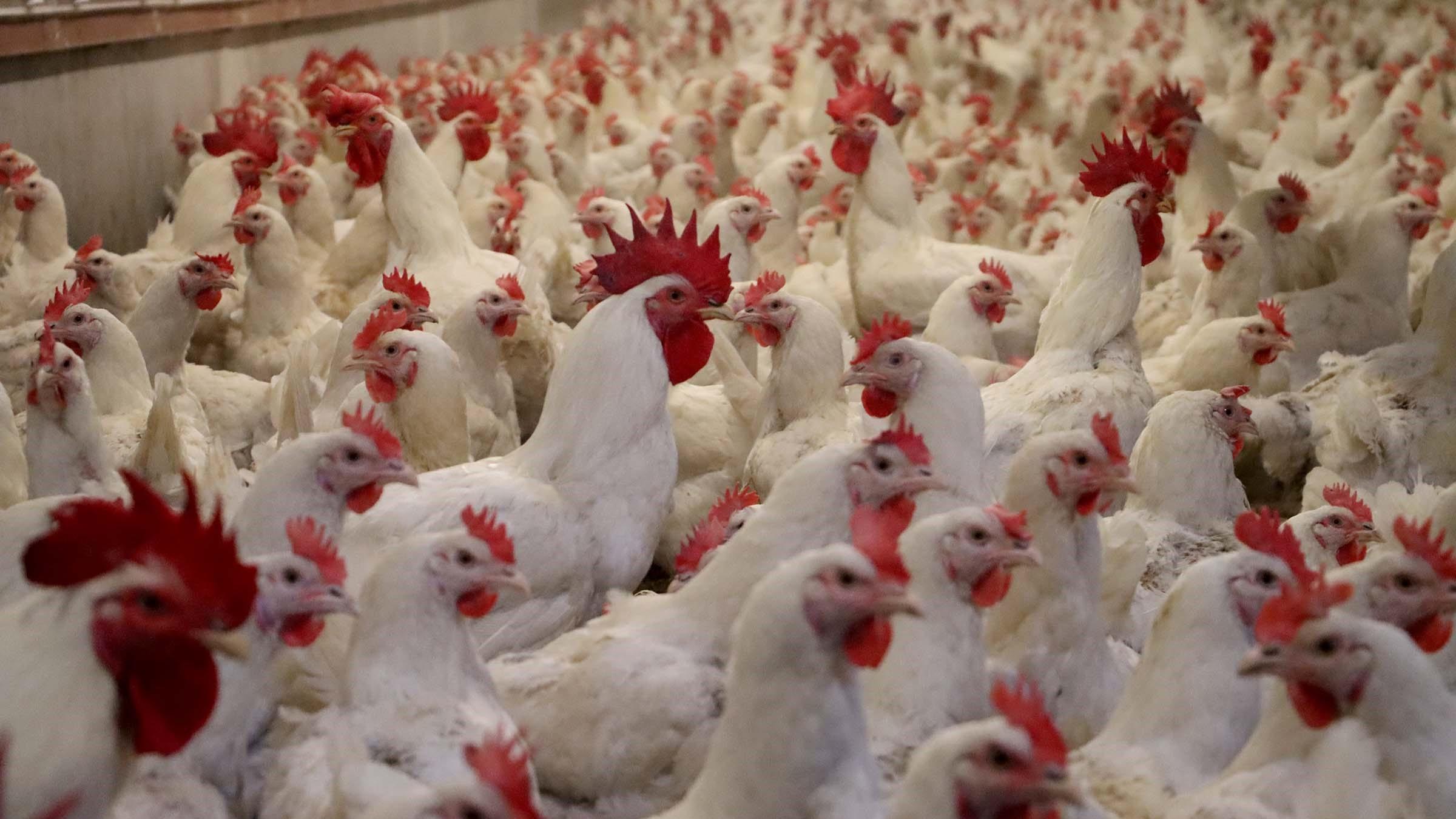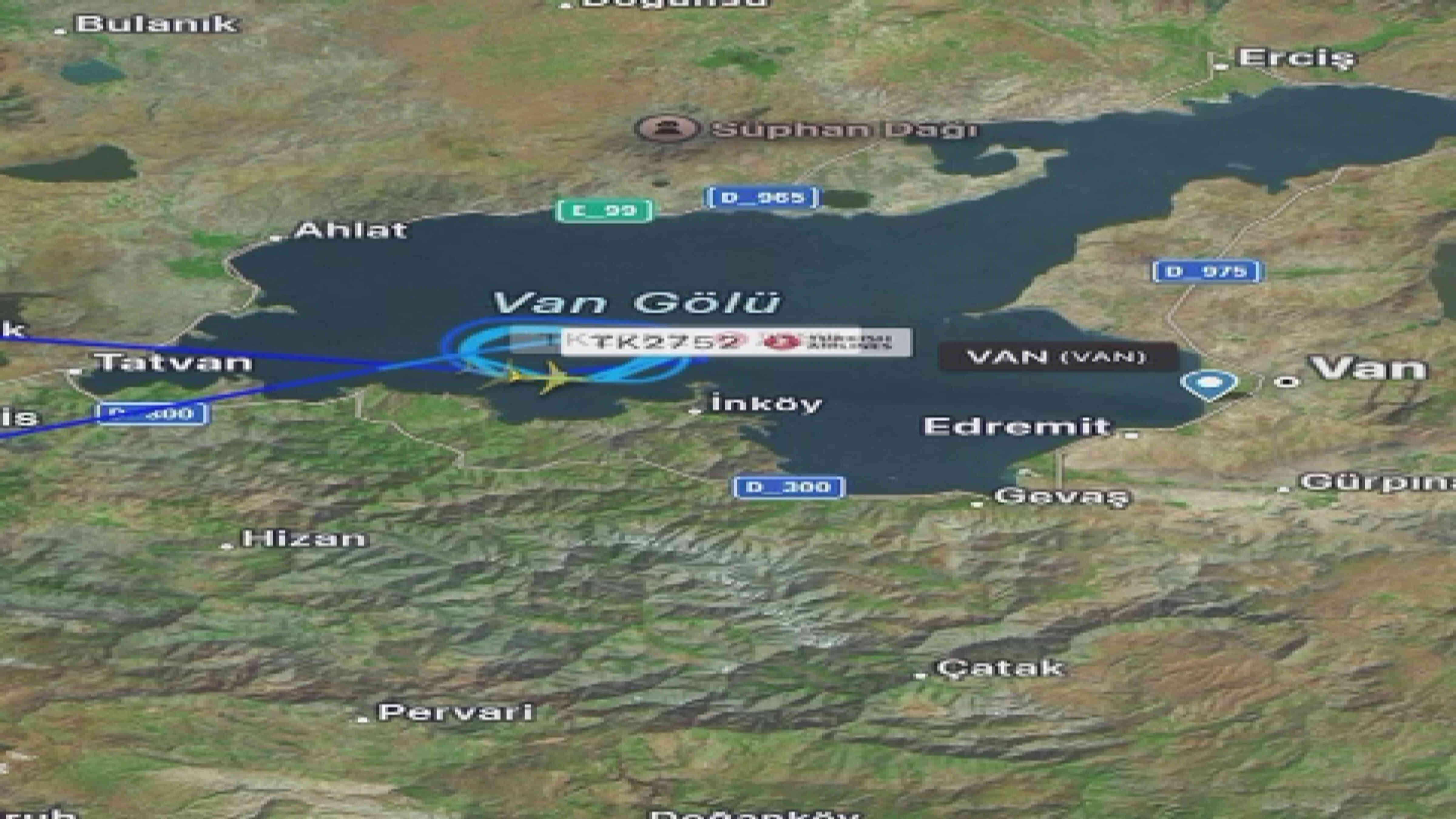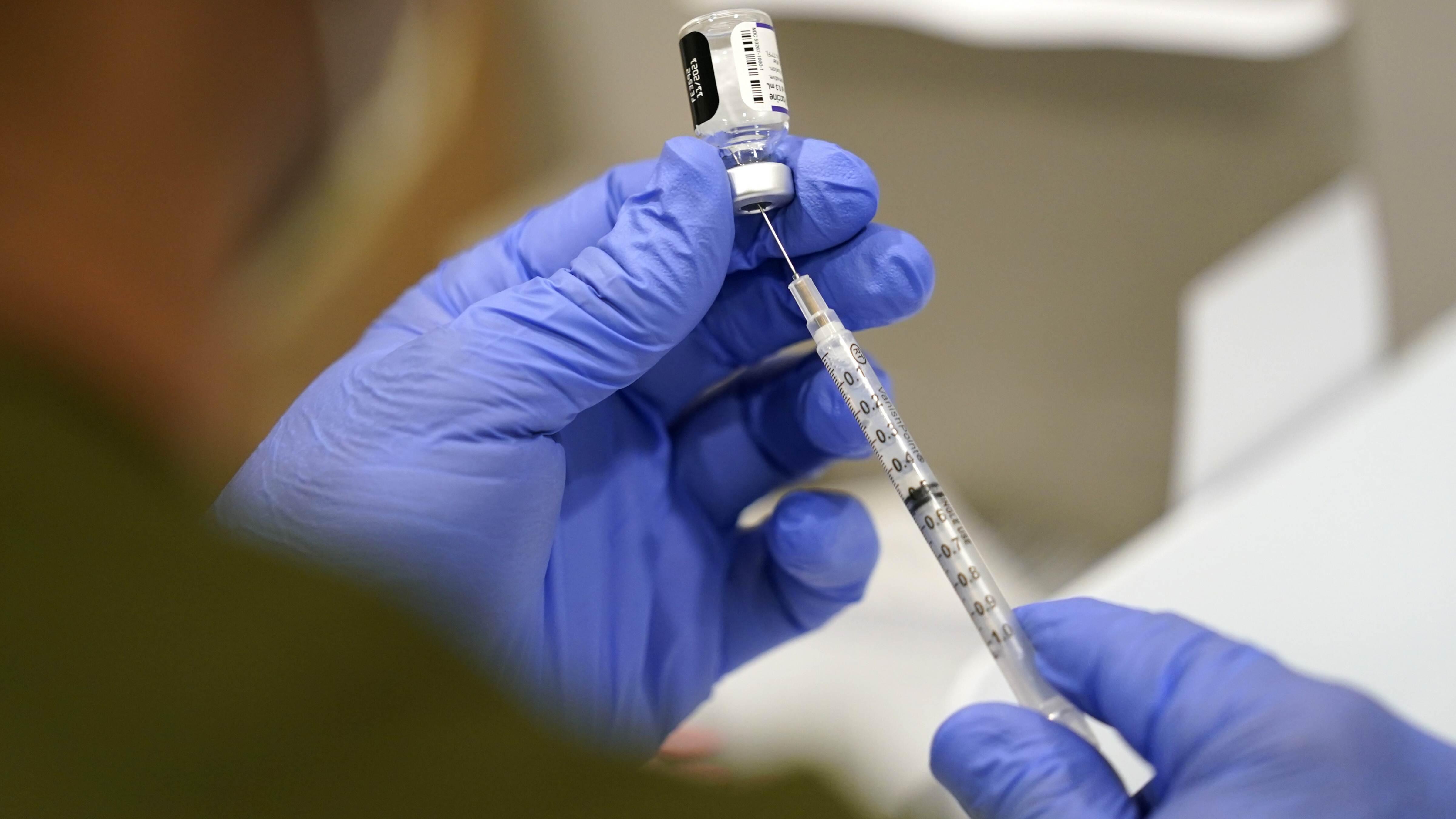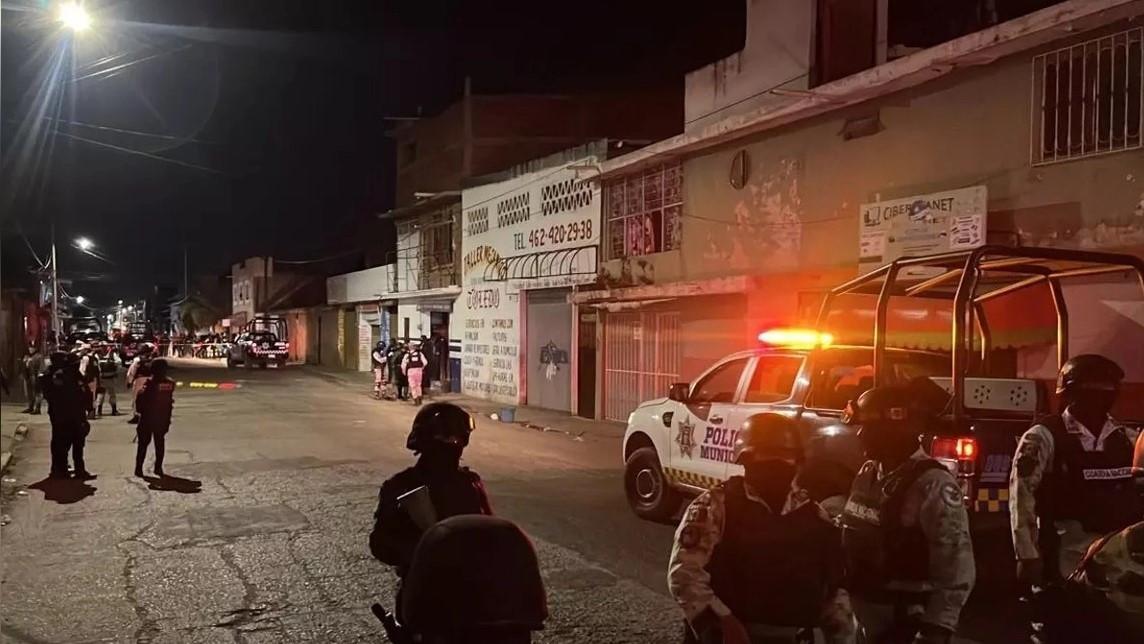Women’s safety is the gateway to achieve equality: Op-ed
ASYA VARBANOVA
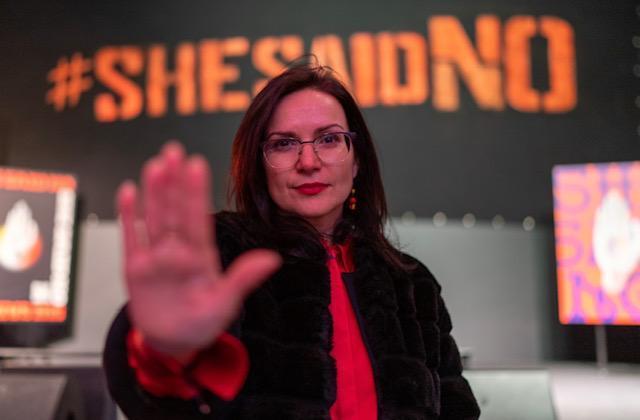
Violence against women and girls remains pervasive worldwide affecting more than an estimated 1 in 3 women, a figure that has remained largely unchanged over the last decade.
This means that across their lifetime, around 736 million women are subjected to physical or sexual violence by an intimate partner, non-partner or both. However, this figure would be even higher if it included the full continuum of violence that affects women and girls including sexual harassment, violence in digital contexts, harmful practices and sexual exploitation. The recent U.N. Women, UNODC study shows that, on average, more than five women or girls were killed every hour by intimate partners or other family members in 2021.
The COVID-19 pandemic has intensified violence against women and girls as a parallel “shadow” pandemic, and has also exposed and exacerbated deep structural inequalities. Multiple global crises, such as COVID-19, wars and climate change, coupled with the backlash against women’s sexual and reproductive health and rights, are further diminishing the outlook for gender equality.
Women’s safety is the gateway to basic health, living standards and empowerment, and a necessary condition to achieve equality. To ensure it, we must deploy a mix of solutions and strategies that we know are effective, based on plenty of evidence on what works from variety of national contexts.
These should include efforts to eliminate the root causes of violence against women and girls, such as harmful social norms and stereotypes that condone it and perpetuate its cycle, implement laws and policies that advance gender equality, provide multi-sectoral services essential for women’s and girls’ safety, protection, and recovery.
We must take transformative, collective, and inter-sectional actions which observe the different needs and priorities of women and girls and pay specific attention to those that suffer multiple forms of vulnerability and discrimination. It is also essential to invest and support women’s organizations who have been at the forefront of preventing and ending violence against women and girl in countries around the world including in Türkiye. In recognition of the critical role of women’s rights organizations and movements, this year’s United Nations Secretary
General UNiTE Campaign calls for more support to activism around prevention under the theme: “UNiTE! Activism to end violence against women and girls!” Under the overall campaign theme, in Türkiye, this year our focus is on intimate partner violence, which is one of the most common forms of violence experienced by women. Unfortunately, the perpetrators are the ones close to the women: current or former husbands or intimate partners.
U.N. Women Türkiye is today launching #SheSaidNo Campaign to raise public awareness and invite all actors to stand together against intimate partner violence. The Campaign aims to raise awareness on the manifestations and consequences of this form of violence and how to identify and act on it. We invite everyone to take a quiz and test their knowledge on U.N. Women Türkiye Instagram account and to learn more at shesaidno.info website.
We welcome all public institutions, private sector representatives, civil society organizations, municipalities, leaders and influencers and people everywhere to join us, and use #SheSaidNo as a point of acceleration of their efforts to end violence against women.
We also would like to thank our Media Compact partner Milliyet Newspaper and Demirören Media Group and their editorial team for their continuous support and commitment to their commitment in achieving gender equality and women and girls’ empowerment.
*Asya Varbanova, U.N Women Türkiye Country Director


